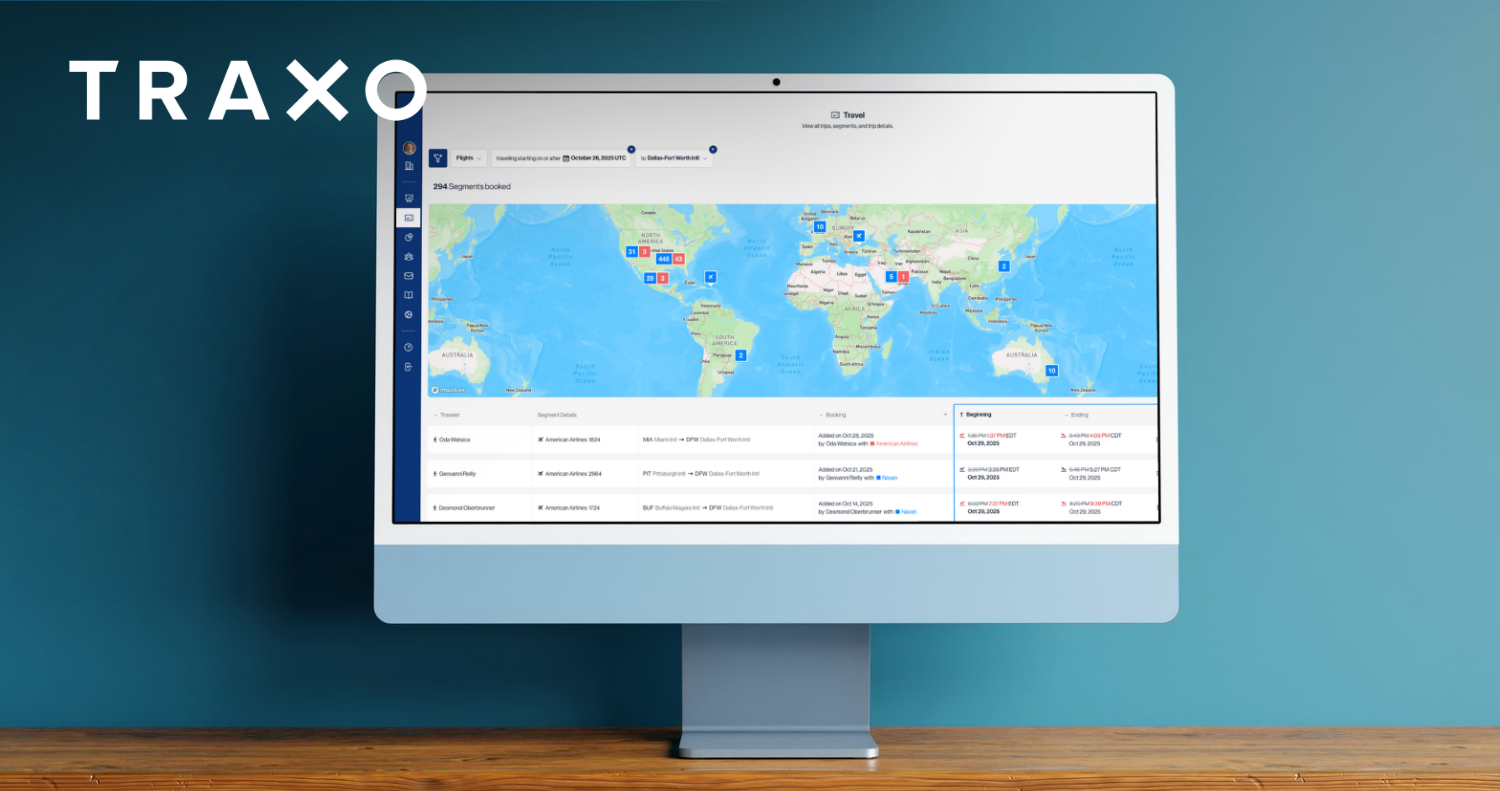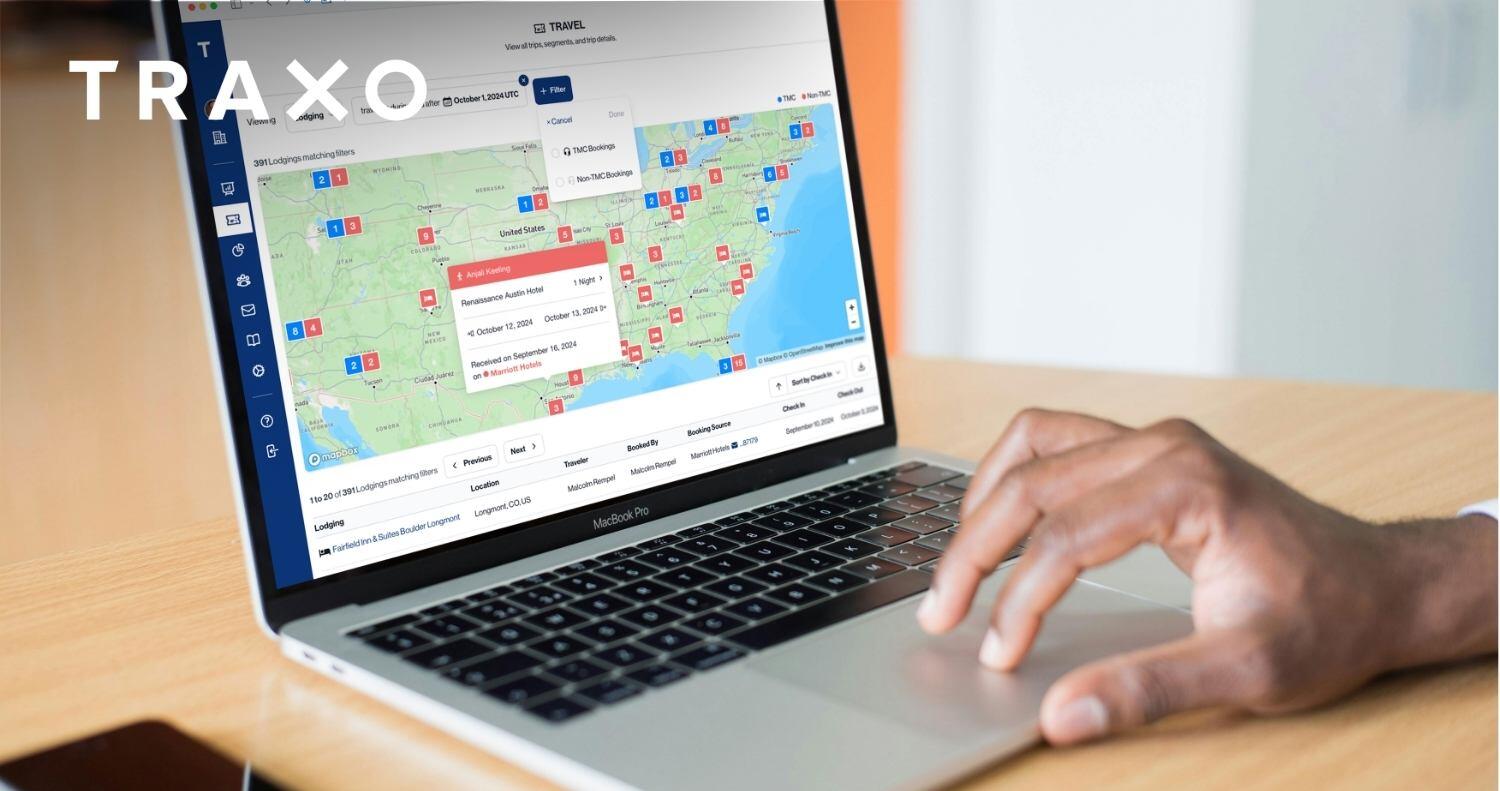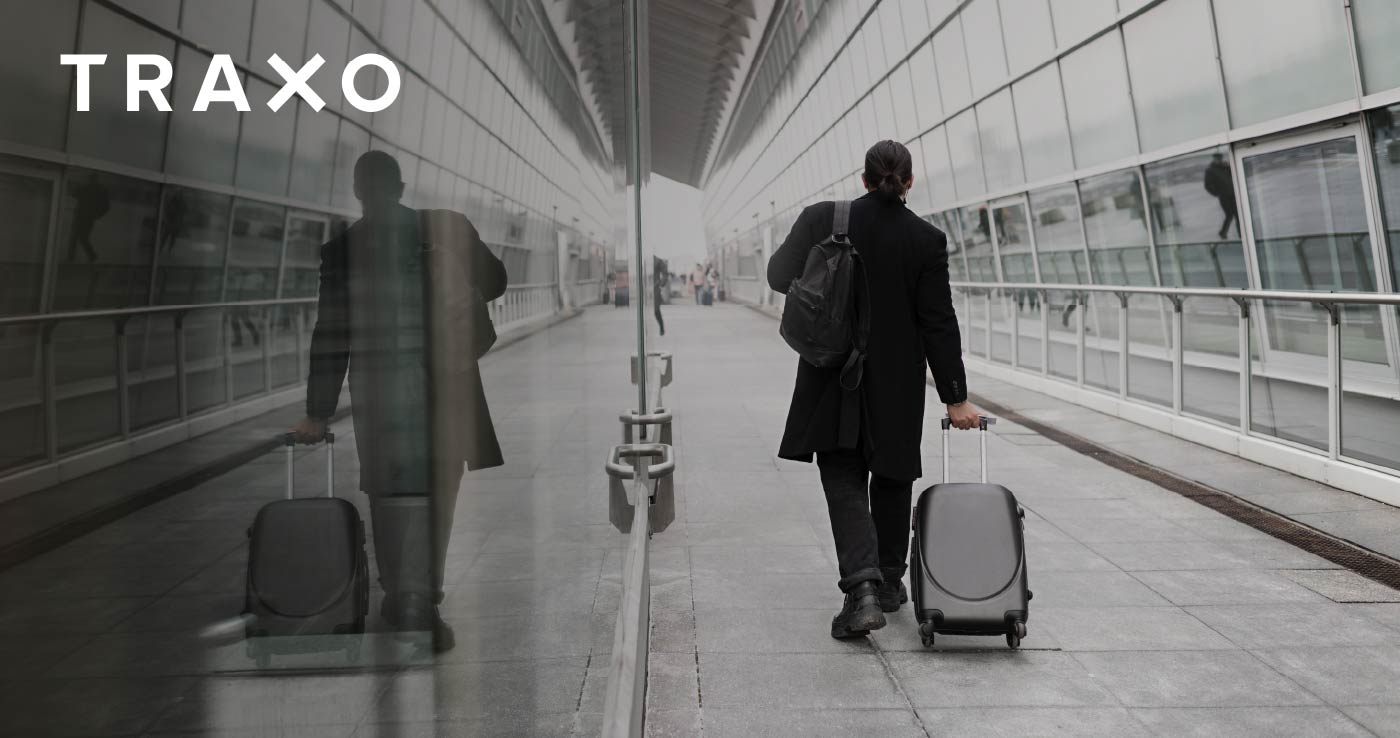A well-written corporate travel policy provides guidance for business travelers while helping organizations influence behavior, manage spend, utilize preferred suppliers, and keep travelers safe. Despite the numerous benefits a travel policy provides, travel managers still face policy compliance challenges.
How do you move the needle on compliance without creating too much turbulence amongst your travelers? At what stage in your program do you consider introducing a mandated policy? Or do you continue with travel guidelines only?
What Is a Corporate Travel Policy?
A corporate travel policy contains the guidelines defined by business leaders to manage employee travel bookings and spending when traveling for business purposes (e.g., conferences, sales meetings, and internal meetings). . A corporate travel policy is an attempt to organize travel so it becomes as effective, cost-efficient, safe, and easy for everyone involved.
What are the corporate travel policy types?
Let’s talk about the range of travel program policy options: mandated, hybrid and flexible.
Mandated Travel Policy
With a mandated policy, strict rules are enforced which limit traveler choice in favor of specific booking channels, suppliers, routes, and budgets. For instance, employees may be required to book all travel (air, hotel, and car rentals) through the TMC, forcing them to forego loyalty points, discounts, and other perks offered on supplier or OTA websites.
- Benefits of mandating can include steeper discounts with preferred suppliers and a one-stop shop for reporting, duty of care management, and customer support.
- Drawbacks of a mandated policy include friction with employees, particularly road warriors and other savvy travelers who get better rates, perks and support directly from their preferred suppliers. Additionally, unequal enforcement of policy can foster distrust when employees see colleagues or executives violating policy without consequences. Finally, the “one-stop-shop” benefits of a mandated policy only work when 100% of bookings are made in-program, which is rarely the case.
Flexible Travel Policy
The opposite side of the travel policy range is a “flexible” policy that allows employees the freedom to book business travel wherever they choose, while still adhering to the budget. Google and Salesforce are two cutting-edge organizations that are known for their open booking policies and Netflix is famous for their five-word travel and expense policy: “Act in Netflix’s Best Interest”.
- Benefits of a flexible policy include maximum traveler flexibility and convenience, and less overhead spent policing employees for minor policy infractions. Importantly, a flexible policy can also drive considerable cost savings, as it avoids TMC fees for booking and support – which can add up for the most common simple trips that most employees can easily book themselves (e.g., a simple round trip flight and lodging).
- Drawbacks to this “open” policy: (a) It sacrifices potential supplier discounts by not funneling employees to preferred suppliers, and (b) it decentralizes customer support from a single TMC channel in favor of employees getting assistance themselves from each supplier. It also requires a new approach to data strategy for capturing booking and spending details to effectively manage travel and ensure duty of care needs are met.
Are there benefits to mandating that still empower your travelers the freedom of personal choice while allowing you to retain more control? The answer is yes!
Hybrid Travel Policy: Mandate with Added Flexibility
A hybrid policy blends the best of both worlds, incorporating mandated elements while still providing employees flexibility to make their own purchase decisions, and leveraging technology to connect the dots for effective program management.
By adopting an omnichannel travel data aggregation tool, such as Traxo, you benefit from real-time data capture, immediately after any travel transaction takes place. This empowers you, as the travel manager, to design a corporate travel policy suited to your company culture and employee priorities.
Leveraging a hybrid program with an omnichannel approach – capturing travel data from all sources –your travel policy is empowered to:
- Enhance traveler flexibility and expand your approved booking channels while still adhering to budget
- Recognize program savings by reducing TMC booking and support fees
- Correct non-compliant bookings before trips occur
- Know where all your travelers are, have been and plan to go next for improved duty of care
- Make your job as a travel manager more efficient by housing all travel data in a single system-of-record
Determining which policy type is right for your organization and its travelers requires a thorough analysis of company travel volume, goals, and culture. Regardless of the policy you choose to implement, it’s best to eliminate booking blind spots by accessing complete travel data with a data aggregation solution like Traxo. Get started with Traxo today.












.png)















































